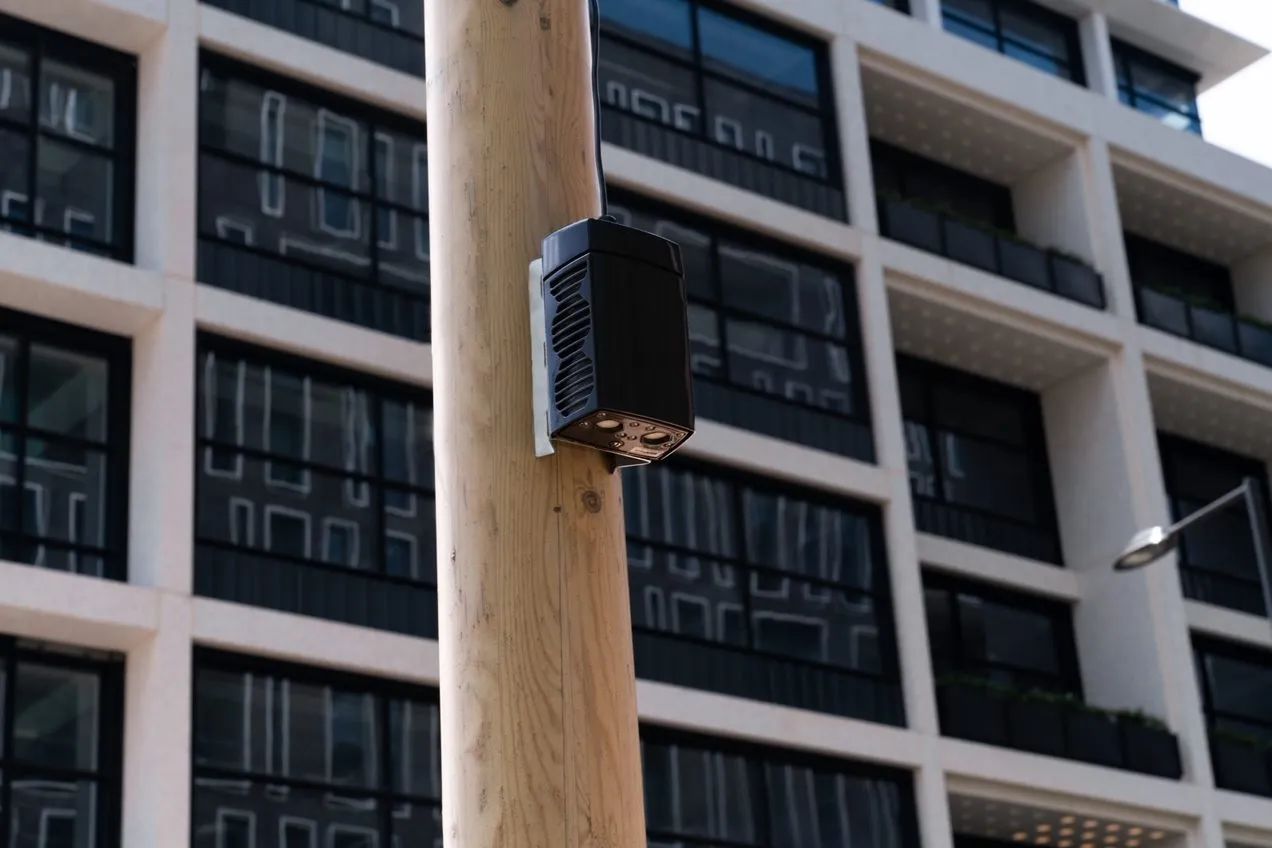The
The four agreements relate to the creation of regional networks of road safety observatories; the implementation of transport-related Sustainable Development Goals; the leveraging of aviation data for the decarbonisation of transport and an open data initiative facilitating use of private sector transport data.
Focusing on low and middle-income countries, the agreement on regional road safety observatories with the World Bank aims to bring together national officials in charge of road safety with a view to improving the collection of road safety data, benchmarking road safety performance and driving evidence-based policies that reduce road deaths and injuries. The observatories will serve as platforms for knowledge sharing and the dissemination of best practices and facilitate collaboration across regions.
The initiative with the International Road Assessment Programme on implementing transport-related sustained development goals aims to promote policies that support the achievement of transport-related UN Sustainable Development Goals (SDGs). The five-year agreement focuses on halving road deaths and injuries by 2020; making cities safe and sustainable; and unlocking the full potential benefits of investment in transport infrastructure.
The agreement on closer co-operation on aviation data to support the ITF Decarbonising Transport project was signed with Eurocontrol, the intergovernmental organisation in charge of European air traffic management, on 1 June. Both organisations will exchange expertise on forecasting methodologies for air traffic and emissions and share traffic, fuel burn and emissions data and inventories.
ITF signs safety, sustainability, data agreements
The International Transport Forum has signed four cooperation agreements with the World Bank, the Fédération Internationale de l’Automobile (FIA), Eurocontrol and the International Road Assessment Programme (iRAP).
June 12, 2017
Read time: 2 mins










